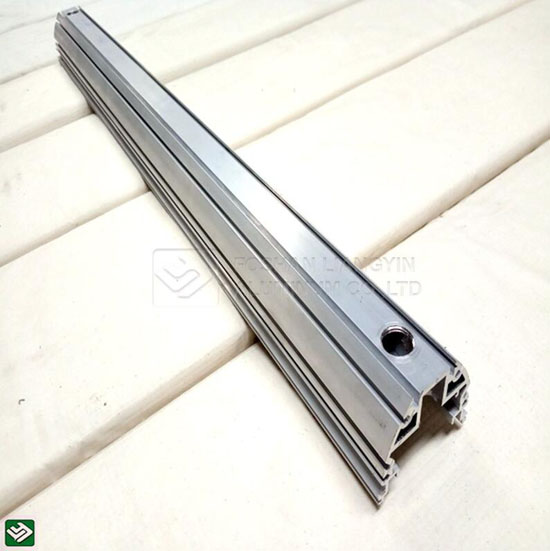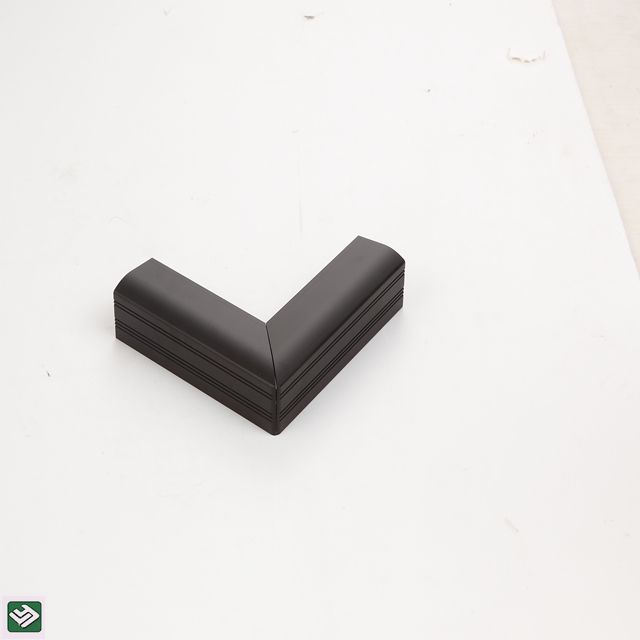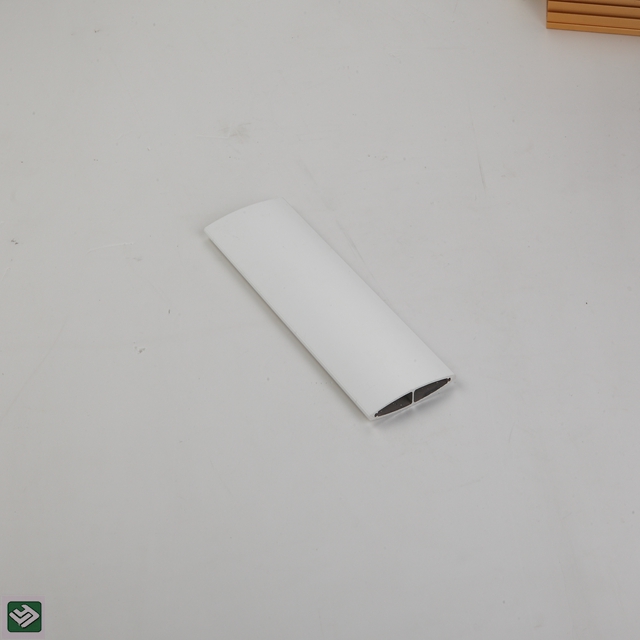CNC machining is a versatile manufacturing process that is applicable to a wide range of materials. However, the process is more commonly used in the manufacture of products using aluminum, known as aluminum machining. Aluminum machining is a process that involves the use of aluminum in the manufacture of products because aluminum comes in a variety of grades. Aluminum is highly machinable and relatively inexpensive, and the different types of aluminum alloys are suitable for a myriad of machining applications. This includes rigid building components, aerospace parts manufacturing, and more.
In fact, the different types of aluminum alloys offer some unique and distinct advantages when used for machining. They offer a wide range of options, providing you with tremendous flexibility when starting a machining project. However, narrowing down the best aluminum alloy for the job also becomes more difficult.
This guide attempts to provide a quick comparison of the five most common machined aluminum alloys. It does this by introducing the aluminum alloys, highlighting their composition, common applications, and the industries in which they are often used.

Alloys are metals that are mixed with other metallic or non-metallic elements. Aluminum alloys are materials used for machining and are composed primarily of aluminum and other elements such as iron, copper and magnesium.
Machining aluminum alloys depends to a large extent on their composition. Therefore, different aluminum alloys are suitable for different applications. It is worth noting that the mixture of other elements affects the physical properties of the alloy, such as strength, ductility and corrosion resistance. Therefore, knowing these properties can help a company determine if the material is suitable for a given part.
The aluminum alloys used are divided into three groups: commercially pure aluminum, heat treatable alloys and non-heat treatable alloys. Commercially pure aluminum is rarely used for aluminum fabrication (however, aluminum 1060 is used for machine parts). Therefore, this article focuses on the five alloys in the latter two groups.
There are several ways to classify the different types of aluminum used in CNC machining. One common practice is to use aluminum grades such as 1xxxx, 2xxx, to 7xxx. The difference is in the composition, which affects the properties of the different aluminum alloys. However, in this article, we will not discuss all series of aluminum alloys. Instead, we will introduce the most common aluminum alloys for processing by their heat treatment properties.
1. Heat-treatable alloys
✱ Aluminum 2024
Aluminum 2024 is one of the most common aluminum alloys used for machining in the 2xxx group.
It is a widely used "hard aluminum" aluminum and copper alloy material with an excellent strength-to-weight ratio. It is also fatigue resistant, but is quite susceptible to corrosion.
Tensile strength: 68,000 psi.
Key alloying elements: Copper
Industries: Automotive, aerospace, transportation.
Products: Automotive parts, aircraft parts, transportation vehicle parts, structural parts, electronics.
✱ Aluminum 6061
Aluminum 6061 is one of the most commonly machined aluminum alloys in the 6xxx series. It is also one of the most versatile of all machinable alloys, making it the preferred choice for CNC machining. Aluminum machining uses aluminum 6061 to manufacture a wide range of products. This includes electronic and aircraft components.
Tensile strength: 45,000 psi.
Primary alloying elements: magnesium, silicon
Industries: general manufacturing, aerospace, consumer products, construction
Products: Structural parts, steps, platforms, lids, truck bodies, valves, piping, aircraft parts, computer parts, electronics
✱ Aluminum 7075
This is one of the most common aluminum alloys used for machining in highly stressed structural applications. 7075 aluminum is an important material for making structural aircraft parts and sports equipment, tools, etc. It has heat treatability, ductility, strength and toughness. However, it can also become brittle.
Tensile strength: 83,000 psi.
Primary alloying element: Zinc
Industries: Aerospace, transportation, sporting goods.
Products: Aircraft parts, transportation vehicle parts, bicycles, golf clubs, weapons.
2. Non-heat treatable alloys
Aluminum 3003 is one of the common types of aluminum alloys used in aluminum processing (in all manufacturing processes). It is a nearly pure aluminum alloy with manganese. It is ideal for making household items such as cookware.
Tensile strength: 13,000 psi.
Primary alloying element: Manganese
Industries: housewares, chemicals
Products: Cookware, kitchen equipment, water tanks, siding and trim, roofing, chemical equipment
✱ Aluminum 5052
Made from components such as magnesium and chromium, aluminum 5052 is strong, machinable and corrosion resistant, and is widely used in marine applications because of its resistance to salt water. It is also the strongest non-heat treatable alloy available.
Tensile strength: 33,000 psi
Major alloying elements: magnesium, chromium
Industries: Marine, aerospace, construction, electrical, oil and gas
Products: Marine transportation components, heat exchangers, aircraft components, fuel lines, fuel tanks, panels, household appliances, commercial and heavy-duty cooking equipment
Aluminum fabrication is a popular process for manufacturing products due to its properties and characteristics. The use of aluminum alloys has further improved the properties and performance of the material. Thus, making them more suitable for the process (although they can also be negative). This article shows the most common aluminum alloys used for machining. It describes the types of aluminum alloys. Undoubtedly, by reading this article, you will learn a thing or two about the different types of aluminum alloys used in the manufacture of products. However, do not forget to consider when you think about the reliability and efficiency of aluminum-related machining.

